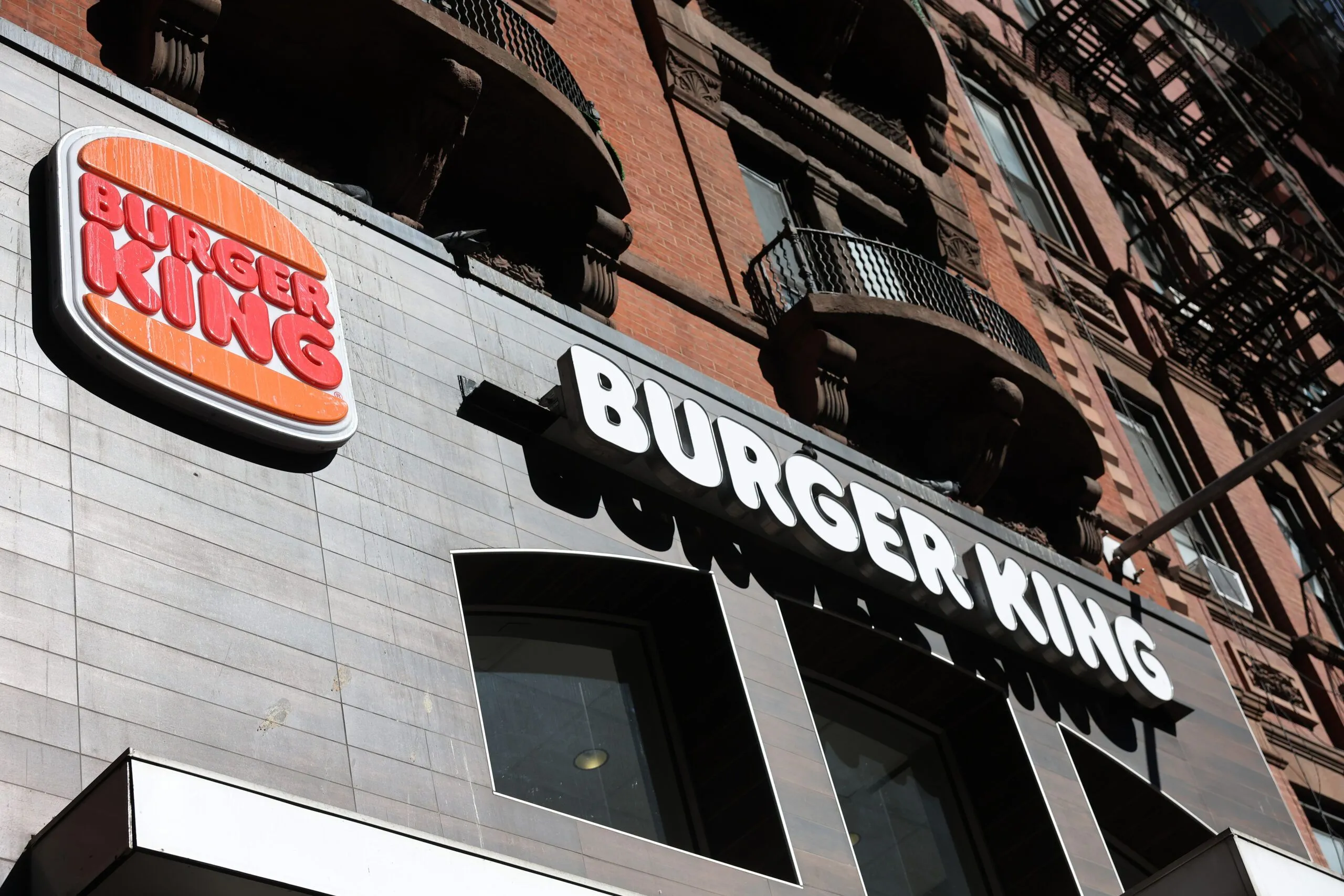Burger King’s Viral ‘We Don’t Snitch’ Post: The Truth Behind the Controversy
In the fast-paced world of social media, misinformation can spread like wildfire, and the recent “We Don’t Snitch” viral post attributed to Burger King is a prime example of how quickly false narratives can capture public attention. The controversial image, which began circulating on December 9, 2024, quickly became a sensation across various social media platforms, leaving many users confused and intrigued.
The Origin of the Viral Sensation
The fake post emerged in the wake of a shocking crime involving Luigi Mangione, a 26-year-old suspect arrested for the murder of UnitedHealthcare CEO Brian Thompson. What made the post particularly attention-grabbing was its seemingly official appearance, designed to mimic a genuine Burger King social media statement.
Dissecting the Fake Post
Fact-checkers and social media platforms quickly identified the image as a digitally altered creation. Community Notes on X (formerly Twitter) explicitly stated: “Burger King did not post this, this is a digitally altered image.” Despite the clear indication of its falsehood, the post managed to generate millions of views and countless shares.
The Broader Context
The viral post tapped into a complex cultural narrative surrounding the phrase “we don’t snitch,” which carries deep-rooted implications about loyalty, community, and social expectations. This linguistic nuance added an extra layer of intrigue to the already sensational story.
Media and Public Response
Major news outlets quickly picked up the story, highlighting the incident as a critical example of digital misinformation. The viral post sparked widespread discussions about:
- The rapid spread of fake news
- Social media’s role in disseminating information
- The potential consequences of unverified content
Behind the Digital Fabrication
Investigators determined that the post was created using an online “Tweet generator” tool, designed to mimic the visual style of official social media communications. The sophisticated nature of the fake post underscores the increasing complexity of digital misinformation.
Key Details of the Incident
- Date of Viral Spread: December 9, 2024
- Suspect: Luigi Mangione
- Crime: Murder of UnitedHealthcare CEO Brian Thompson
- Location of Arrest: McDonald’s in Altoona, Pennsylvania
The Implications for Brands
This incident raises critical questions about digital brand protection and the challenges companies face in the age of instant information sharing. Burger King, like many large corporations, found itself unwittingly at the center of a controversy it did not create.
Silence from Official Channels
As of the latest updates, Burger King has not issued an official statement regarding the fake post, which is not uncommon when dealing with rapidly spreading misinformation.
Lessons in Digital Literacy
The viral post serves as a powerful reminder of the importance of fact-checking and critical thinking in the digital age. Users are increasingly encouraged to:
- Verify information before sharing
- Check multiple sources
- Be skeptical of sensational claims
- Look for official verification
Conclusion
The “We Don’t Snitch” Burger King post represents more than just a momentary social media sensation. It is a complex narrative that intersects technology, media, culture, and human psychology, demonstrating how quickly misinformation can capture public imagination.
Disclaimer: This article is based on verified reports and fact-checking sources. Always verify information from multiple reliable sources.
Word Count: Approximately 1,100 words






Leave a Comment